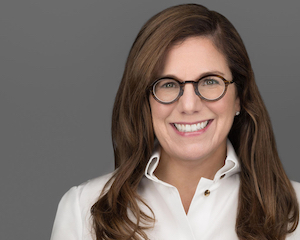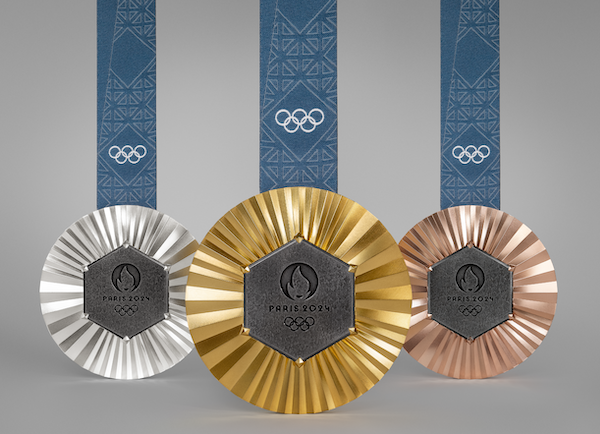By Amy Shabacker Dufrane
The Olympic games will take place in France during the summer of 2024. From archery to cycling and fencing to rowing, there’s a favorite sport for each of us. While some of the featured sports showcase the exceptional skills of individuals, the underlying tenet is teamwork: the fastest, the strongest, and the most agile.
There’s no denying that many athletes possess a unique combination of physical, mental, and psychological characteristics. We’ve all watched in awe as four-time Olympic gold medalist Simone Biles blocks out distractions to concentrate on her routine. Olympic athletes are role models who inspire viewers around the world, fostering a spirit of global unity.
Few of us would be able to achieve at the level of an Olympic athlete. Not only have they mastered their sport, but they have also committed to a daily routine of strict diets, sleep schedules, and rigorous training. Clearly, they have their eye on the prize: standing on the tri-level podium to receive a medal – preferably on the highest platform.
As HR professionals, there are many lessons to be gleaned from the high-performance athletes and team spirit of the Olympics. Before your eyes roll, I’m not suggesting that you encourage a highly competitive, extreme culture—quite the opposite. I’m suggesting that you consider how your existing tools and processes can support a high-performance culture while respecting each individual’s talents, skills, and strengths. Odds are you have many of them already in place but reframing their combined use to drive higher performance might be a new model to deliberate.
Assessing Hard and Soft Skills: While it’s helpful to access past performance reviews for your workforce, have you implemented the best mix of assessment testing to gain a scientific-based understanding of employees’ attributes? Understanding potential enables the development and deployment of talent. Going beyond the perfunctory can be the equivalent of putting the right person in the right part of a torch relay, leveraging their strengths instead of thwarting what they are most qualified for.
Everyone Needs a Coach: AIIR Consulting CEO and executive coach, Jonathan Kirschner, says that “leadership is actualizing a compelling vision through others…driving an exponential impact for the organization.” Olympic athletes benefit from the guidance of experienced coaches who can set direction, help clarify objectives, and provide the corresponding roadmap. Critical to guiding and motivating employee performance, high performing leaders can only maintain their own peak condition and demonstrate resiliency when they are getting what’s needed to blaze trails.
Keeping Wellness in Mind: Speaking of Olympic athlete Simone Biles, she garnered significant media attention by taking a mental health break. Ensuring your team can learn frustration tolerance skills – especially given the unpredictable nature of today’s workplace – will help them overcome discomfort while remaining productive. Gaining an understanding that even the most highly disciplined, accomplished individual needs to cultivate an awareness of when to rest before hitting a brick wall.
Trust and Collaboration: Granted, Olympic athletes are consistently masters of their respective expertise. Yet, within their ecosystem are trainers, dietitians, equipment managers, and sewists who comprise the support environment. These buttressing systems make it easier for the athletes to hone their capabilities; however, the talents of their colleagues are equally vital. A high-performance team means everyone in the unit is respected and regarded as integral to its overall success.
Designing a culture of performance requires preparation and practice, drawing upon HR’s noteworthy communications skills to ensure role alignment. Such a culture thrives on continuous improvement through learning, nurturing the ability to bounce back from challenges and failures. Using the latest technologies and methods can improve outcomes, providing the correlation between the outcomes given the corresponding expenditure can be evaluated. Lastly, performance and praise are intertwined. High-performance teams should receive recognition and the chance to celebrate their wins.
Communications. Psychometric testing. Coaching. Wellness. Training and development. Does your organization already have these HR services and investments in place? Have you achieved and sustained a high-performance culture? If not, it’s time to take a page from the Olympics and redefine and reconstruct your company’s formula for high-performance success.

